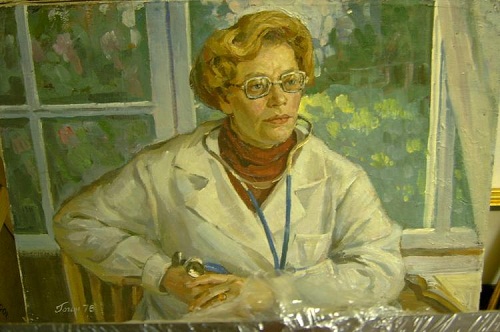
Tuesday
This is the second blog essay I’ve written from an emergency room although in this case it’s my 94-year-old mother, not I, who is being treated. When I returned from an afternoon of student conferences, followed by two hours of tennis, I discovered her lying in intense pain on the stairs. At present we are awaiting her x-ray results.
Some people pick up signals from afar when things go bad, but I apparently am not one of them as I didn’t have the least inkling of my mother’s fall. In this way, I am like two of the Missing Hospital surgeons in Abraham Verghese’s novel Cutting for Stone (2009).
A dire emergency has broken out in the Ethiopian hospital as one of the nurses, a nun, has unexpectedly proved to be pregnant and is in the process of delivering twins. The delivery is going badly and the two surgeons most skilled in deliveries are not present. Although the remaining surgeon, Thomas Stone, is world class, he has other specialities and furthermore is passionately in love with the nun, although he just now realizes it. As a result, he loses his head and decides he must sacrifice the babies to save the mother.
Will either of the other doctors return in time to rescue them? (The mother is beyond saving.) To set up the suspense, Verghese cuts away from the emergency room and starts recounting in detail what they are up to. Hema is returning from India, where she has been visiting her parents, and we learn both about her history and about her forceful presence. (She handles the irresponsible pilot of her airplane by grabbing him by the gonads.) Ghosh, meanwhile, is having a night on the town and can’t be reached. Both of them are given the literary attention allotted to major characters—they will become the parents of the twins—and we momentarily forget the medical emergency as we learn about their lives. Like me, neither has the least inkling that a disaster is unfolding that requires their presence.
Fortunately, Hema shows up just in the nick of time to save the narrator and his twin. I, meanwhile, walked into my mother’s house five hours after her fall, called out to her to ask why all the lights were turned off, and suddenly saw her huddled over in pain on the staircase. It’s the first time in my life I ever dialed 9-1-1.
From a literary point of view, it’s a great instance of dramatic irony: a mother writhes in pain while her son, oblivious, enjoys a game of tennis. At the moment, however, I’m too immersed in my distress to take that perspective.
Update: My mother, as she sensed when she had me call an ambulance, has a fractured lower rib and a fracture in the lumbar region. Once again, she sat for five hours on the stairs in this condition before we got help. Although she was holding onto the bannister as she descended the stairs, she said that the carpet suddenly felt slippery and her feet went out from under her, so that she fell backwards with a thump.

